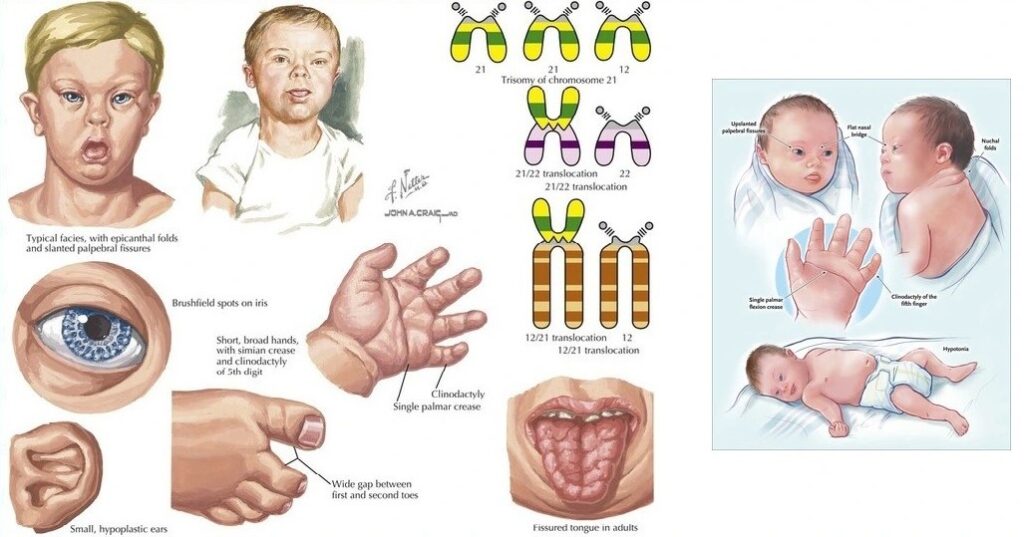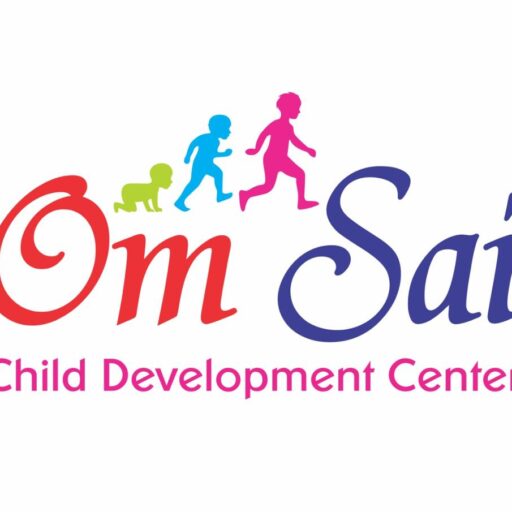Definition:
Down syndrome (DS) is a genetic disorder caused by an extra copy of chromosome 21, resulting in intellectual and developmental delays.

Incidence:
1 in 700 births (CDC, 2020)
Types:
1. Trisomy 21 (most common)
2. Mosaicism
3. Translocation
Characteristics:
1. Intellectual disability
2. Delayed speech and language
3. Physical features (e.g., facial structure, short stature)
4. Increased risk for health issues (e.g., heart defects, vision problems)
5. Variable severity
Causes/Risk Factors:
1. Advanced maternal age
2. Family history
3. Genetic mutations
Diagnosis:
1. Prenatal testing (amniocentesis, chorionic villus sampling)
2. Postnatal diagnosis (karyotyping, genetic testing)
Developmental Milestones:
1. Infancy: delayed motor skills
2. Toddlerhood: delayed language and social skills
3. Childhood: cognitive and academic delays
4. Adolescence: increased independence
Interventions:
1. Early intervention (OT, PT, speech)
2. Special education
3. Occupational therapy
4. Physical therapy
5. Speech therapy
Health Considerations:
1. Regular medical check-ups
2. Hearing and vision screenings
3. Dental care
4. Nutrition and exercise guidance
Om Sai Child Development Center’s Approach:
1. Multidisciplinary team (Genetics, Pediatrics, OT, PT, Speech)
2. Comprehensive assessment and diagnosis
3. Individualized treatment plans
4. Family-centered care and education
5. Ongoing monitoring and adjustments
Strategies for Parents/Caregivers:
1. Early intervention and therapy
2. Create a supportive environment
3. Encourage independence
4. Foster social interactions
5. Stay informed and connected
Resources:
1. National Down Syndrome Society (NDSS)
2. Down Syndrome International (DSI)
3. World Down Syndrome Day (March 21)
By understanding and addressing Down syndrome, Om Sai Child Development Center provides comprehensive support to individuals and families, promoting inclusive and empowering environments.
